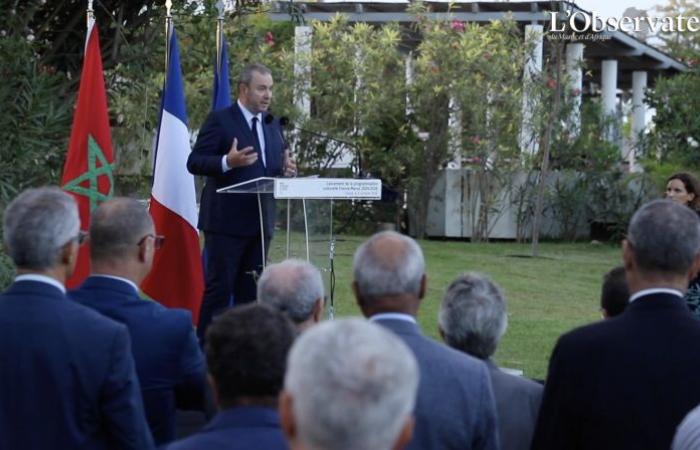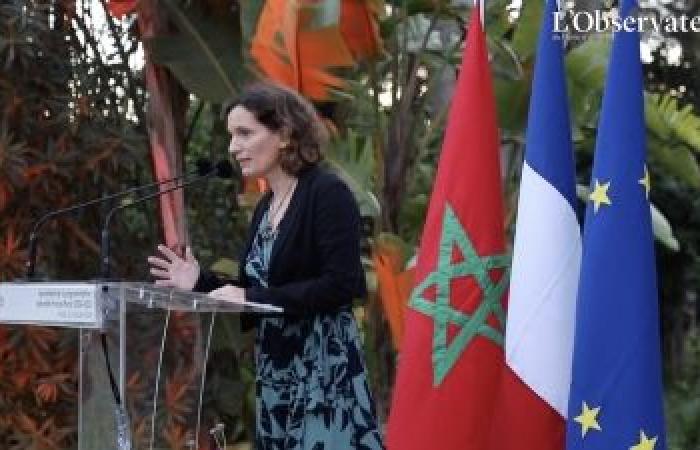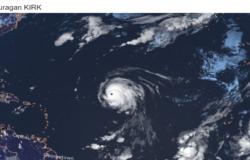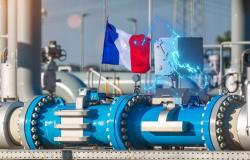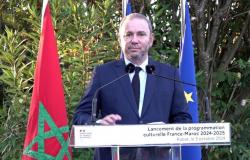The French Institute of Morocco (IFM) unveils its new cultural program for 2024-2025, placed under the theme of “Living”. This cycle promises to be rich and diverse with artistic and scientific events that question the relationship between humans and nature, ecology and environmental issues. The “Living” is an invitation to rethink the place of human beings within the biosphere, while highlighting the links of interdependence between them and their environment.
The French ambassador to Morocco, Christophe Lecourtier, underlines, speaking to L’Observateur du Maroc, that France and Morocco are at the forefront of numerous initiatives concerning the fight against global warming. However, the diplomat worries that some may feel a certain weariness with major political and diplomatic meetings. According to him, “it is absolutely necessary to strengthen awareness, particularly among young people, by means that are not limited to major international declarations.” Lecourtier is convinced that the cultural approach can revive ecological awareness through unconventional moments such as artistic representations, conferences or comic strips.
Among the key events of this season, several notable shows are worth noting. The play “Extrêmophile”, the result of the collaboration between the author Alexandra Badea and the microbiologist Bernard Ollivier, explores extreme oceanic environments.
For its part, GdRa mixes dance, music and science in “Au milieu des terres”. To deepen reflection on the future of the Mediterranean, this company deals with hot topics such as exile in relation to ecology. This crossing of knowledge between artists and scientists, and also with philosophers, is one of the hallmarks of this ambitious programming which involves the public in this brainstorming aimed at action.
READ ALSO
The theme of the Living is not limited to the performing arts. The exhibition “The Endless World”, taken from the eponymous comic strip by Christophe Blain and Jean-Marc Jancovici, offers a popularization of energy and climate challenges, while offering a humorous look at current ecological issues. Added to this is the “Oasis” exhibition by photographer Seif Kousmate, which paints a sensitive portrait of the environmental and economic challenges facing Moroccan oases today.
Cinema also occupies a central place in this season with screenings such as “Animal” by Cyril Dion and “Animalia” by Sofia Alaoui, in addition to a retrospective dedicated to Moroccan director Dalila Ennadre. Animated cinema, whose godmother this year is Sofia Elkyari, will also be in the spotlight. This talented director has already started a tour at the French Institute of Morocco to present her four films. The festivities don’t stop there: the musical programming, with events like Ramadan Nights and the Amazigh New Year celebration, highlights the richness of the Moroccan and French musical scenes.
Agnès Humruzian also announced that the institute will organize events in rural areas, in collaboration with local partners, notably using the Bibliotobiss, thus strengthening the French cultural presence throughout the country. This multidisciplinary, local approach is at the heart of this new season. As Christophe Lecourtier affirmed, it carries the noble ambition, through local awareness raising among a large public, on both sides of the Mediterranean, to accelerate the ecological transition.
READ ALSO

